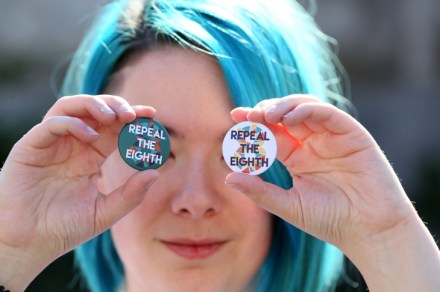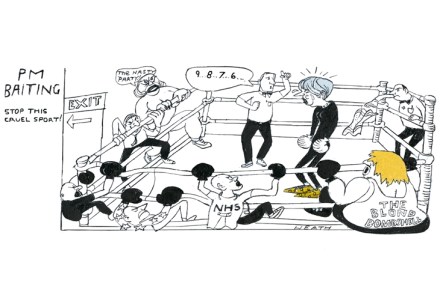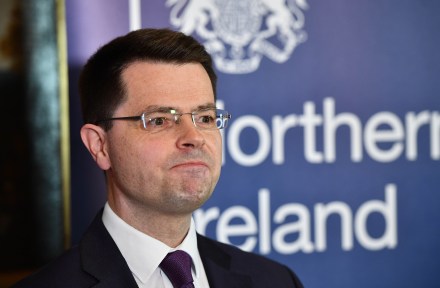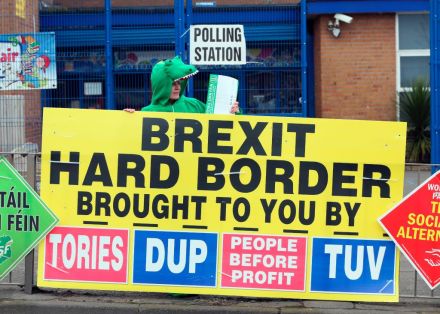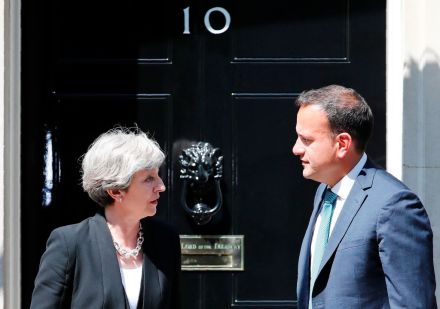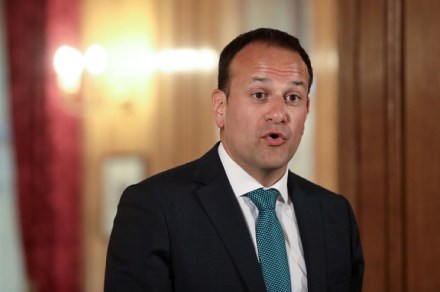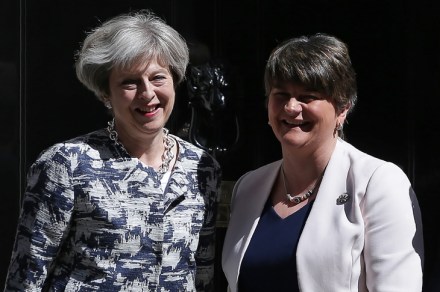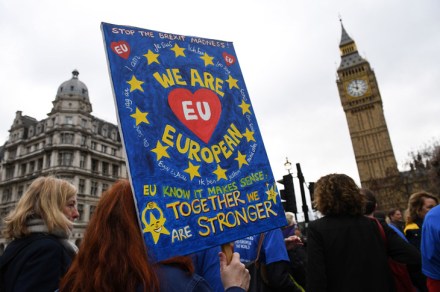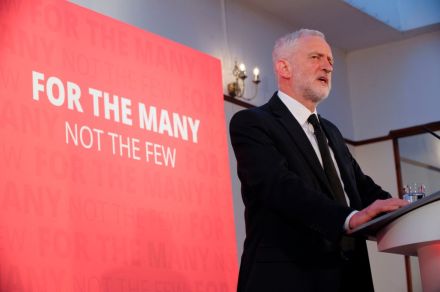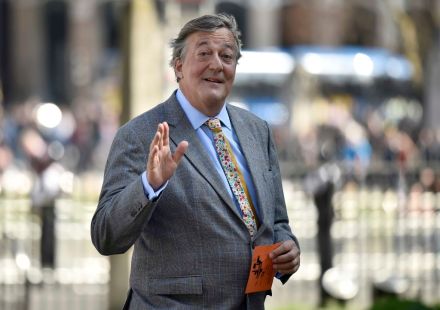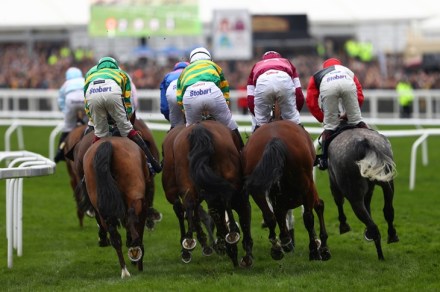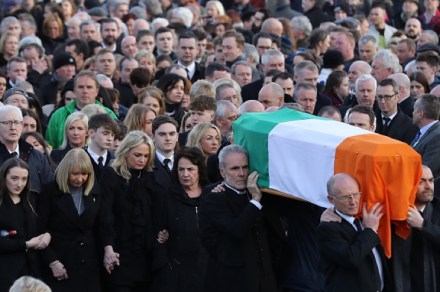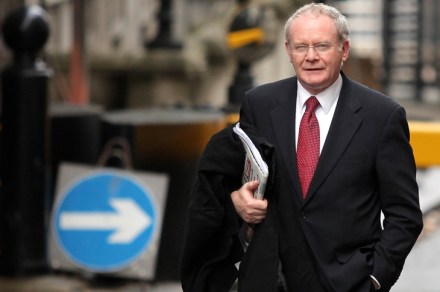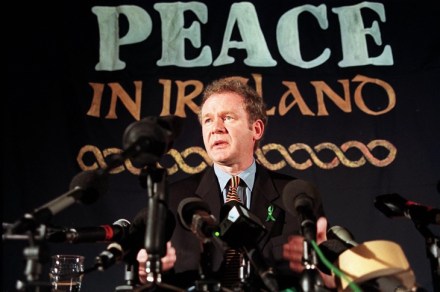Ireland’s abortion debate will be next year’s big culture war
If you’re fed up with endless bickering over Brexit, spare a thought for the citizens of Ireland. The government here recently announced plans for a new referendum on abortion, currently prohibited by the Constitution with a few limited exceptions. So the starting pistol has been fired on what is sure to be twelve months of hyperventilating hipsters, jangling rosary beads and a stampede from both the pro-choice and pro-life lobbies towards the moral high ground. The majority of the population – broadly in favour of a liberalisation of the law but against abortion in all circumstances – is already donning figurative hard hats and bracing for the worst. The vote is
